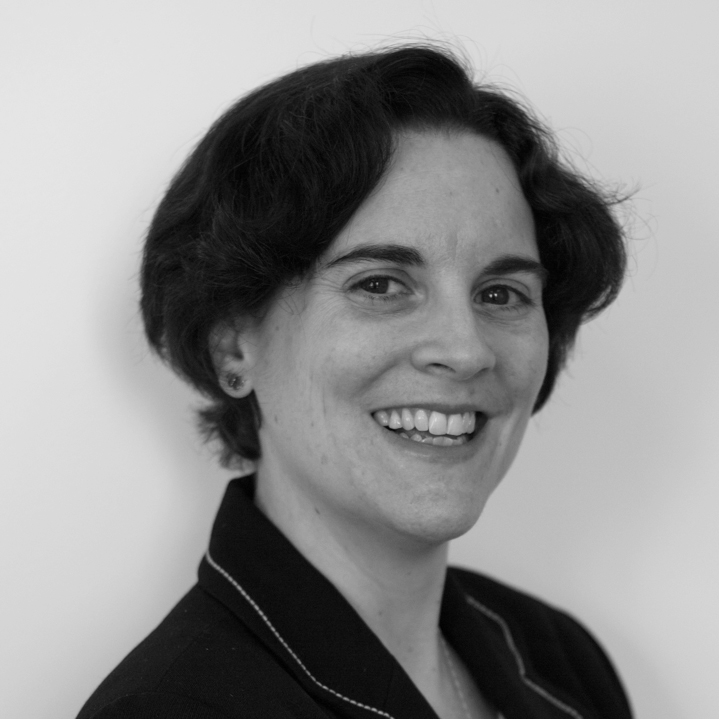“Ins and Outs of Forming Early Childhood Education Research-to-Practice and Policy Partnerships”
By Sara Vecchiotti, Chief Program Officer, Foundation for Child Development
 Over the last decade, some foundations in the Kindergarten-12th grade education space have increasingly supported the formation of research-to-practice partnerships to ensure that valuable research insights translate into action instead of collecting dust on a shelf.
Over the last decade, some foundations in the Kindergarten-12th grade education space have increasingly supported the formation of research-to-practice partnerships to ensure that valuable research insights translate into action instead of collecting dust on a shelf.
As universal preschool programs within cities and states are scaling up to serve more children, and as research questions on how to continuously improve the quality of services provided to young children arise, there is a clear opportunity for funders to echo the K-12 research-to-practice partnerships approach in the early childhood education (ECE) space. At Foundation for Child Development (the Foundation), we identified this gap- and in 2015- launched the NYC Early Childhood Research Network. Partnering with researchers, practitioners, and key policymakers, the Network sought to evaluate the rollout of full-day Universal Pre-K in New York City and develop an ECE research agenda.
Here are some key strategies from our work that we hope will encourage other ECE and K-12 Funders to do more in this space.
Keep It Local: Opportunities for Placed-Based Strategies
As federal, state, and municipal ECE programs are all implemented locally, the Foundation focused its research agenda on analyzing local implementation to identify what works (or not), for whom, and under what conditions. Moreover, since collaboration and trust within research-to-practice partnerships is heavily relationship-based, the Foundation learned that having local researchers and policymakers both operating within and knowledgeable about local context strengthens the relevance of the work. Building home-grown connections enables the timely and continuous question/answer feedback loop required to ensure that research addresses local quality improvement efforts. A local focus can still inform national efforts too, as place-based understandings provide learning for states and localities across the country in bringing ECE programs to scale.
Co-Create a Shared Research Agenda
The Foundation learned that a key to shaping the research agenda is to identify issues in its funding area that are also relevant and pressing to both researchers and policymakers. If the work is applicable to real-world issues within the field and daily operations, then all parties are more likely to continuously come to the table. Within the Research Network, the Foundation guided the initial research priority focus to examine the relationships among characteristics of ECE professionals, program components and supports, and optimal classroom instructional practices. Within such guidance, the researchers and the policymakers then co-created a shared research agenda and collaboratively developed the ECE workforce research questions relevant to the work of the City agencies. By setting research parameters germane to current issues of interest, philanthropy can shape a research-to-practice partnership agenda while, at the same time, engaging the critical partners to ensure the supported research influences policy and practice.
Don’t Forget the Infrastructure
Funders should consider that creating a safe space for trust and transparency requires significant time, attention, and structural supports to nurture the relationships needed for successful research-to-practice partnerships. To sustain and maintain this relationship-based work, philanthropy must be willing to fund the infrastructure supporting the research work. In addition, philanthropy must identify the right partner to serve as the infrastructure support. This partner is needed to provide administrative support to manage and facilitate meetings, anticipate and be responsive to the concerns and needs of both the policymakers and researchers, build capacity for the partnership members, and share the commitment towards achieving the end goal. As a result, the partner also needs to have significant content expertise-- as they are the loading beams supporting the bridge across research, policy and practice. Within the Research Network, the New York Early Childhood Professional Development Institute serves that role.
This is the right time for philanthropy to support research-to-practice partnerships focused on improving the quality of implementation of local ECE programs as they scale-up. Such partnerships can establish meaningful collaborations across the research, policy, and practice communities and advance understanding of the critical components of effective, high-quality ECE programs that can achieve positive outcomes for young children and support children in reaching their full developmental potential.
Within the Network, as results continue to emerge and substantive discussions continue to occur, the Foundation looks forward to sharing additional lessons learned through the research within the Network and about the partnership itself.
